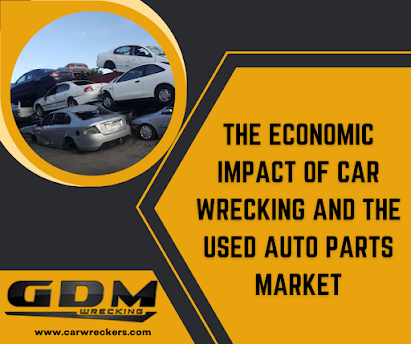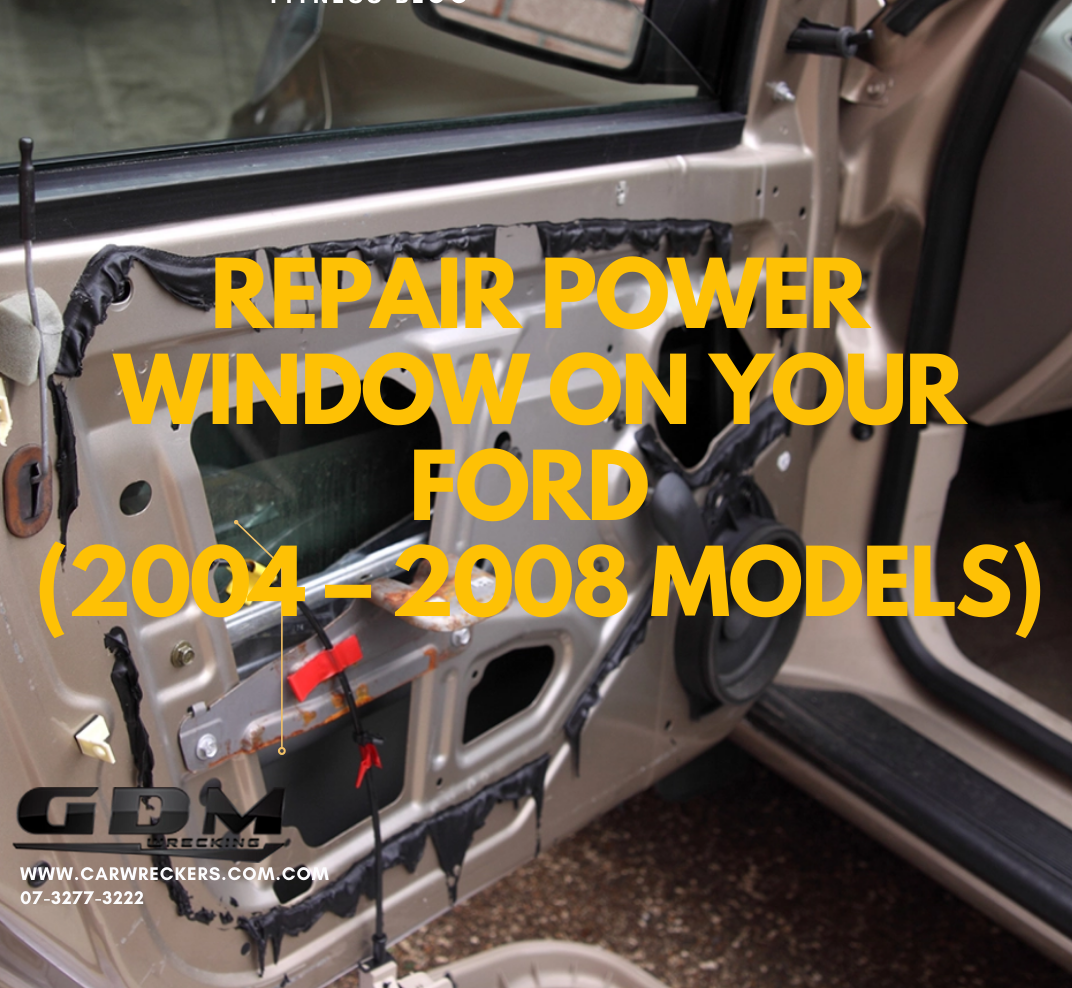The economic impact of car wrecking and the used auto parts market
Introduction to the used car parts market
The used car parts market refers to
the sale and distribution of previously used car parts. These
parts can come from a variety of sources, such as salvage yards, junkyards, and
online retailers. The market for used auto parts is driven by a combination of
factors, including the high cost of new car parts and the desire to repair
older vehicles rather than buying new ones. Some of the most commonly
sought-after used auto parts include engines, transmissions, and body parts.
The used auto parts market is a large and growing industry, with businesses of
all sizes operating in this space. Due to the environmental and economic
benefits, the used auto parts market is becoming more popular among consumers
and businesses. As technology advances, the use of used auto parts is becoming
more feasible and practical for the repair and maintenance of vehicles.
The economic
benefits of car wrecking
Car
wrecking, also known as
car dismantling or salvage yards, can bring economic benefits to individuals,
businesses, and society as a whole.
First, car wrecking provides jobs for individuals in the field of dismantling and recycling vehicles. These jobs can range from manual labor to skilled mechanical work.
Second, car wrecking businesses can generate income by selling usable parts from salvaged cars to individuals and repair shops, and also by selling scrap metal to recycling facilities.
Third, car wrecking helps in reducing the demand for new car parts, which can lead to lower production costs and ultimately lower prices for consumers.
Finally, car wrecking helps in reducing the environmental impact of car production by recycling and reusing materials from old cars, thus reducing the need to extract new raw materials.
Overall, car wrecking can bring economic benefits through job creation, income generation, cost savings, and environmental conservation.
The impact of car wrecking on
employment can be significant, as the industry provides jobs for those involved
in the salvage, salvage auctioning, and recycling of vehicles. However, the
overall number of jobs may decrease as cars become more efficient and require
less frequent repairs, leading to fewer total wrecks. Additionally,
advancements in technology may lead to increased automation in the car wrecking
process, potentially reducing the number of jobs available.
The
global market for used auto parts is a vast and diverse industry that
encompasses a wide range of products, from small mechanical components to
entire engines and transmissions. This market is driven by a number of factors,
including the increasing cost of new parts, the desire for more sustainable and
environmentally friendly transportation options, and the growing popularity of
DIY car repairs and upgrades. The used auto parts market is also supported by a
robust network of suppliers, distributors, and retailers, as well as a growing
number of online platforms and marketplaces that make it easy for consumers to
find and purchase the parts they need. Overall, the global market for used auto
parts is expected to continue growing in the coming years, as more consumers
turn to these products as a cost-effective and sustainable alternative to new
parts.
The environmental impact of car wrecking
The
environmental impact of car wrecking can be significant. The process of
dismantling and disposing of wrecked cars can release harmful pollutants into
the air and water, as well as contribute to the generation of solid waste.
Additionally, the extraction and processing of raw materials used to create new
cars can also have a negative impact on the environment. These impacts can be
mitigated through proper disposal and recycling of materials, as well as the
use of more sustainable production methods.
The future
of the used auto parts market
The used auto parts market is expected to continue growing in the future as more consumers turn to cost-effective and sustainable options for maintaining and repairing their vehicles. The increasing popularity of electric vehicles and advances in technology may also lead to new opportunities for the market, such as the development of specialized parts for these types of vehicles. Additionally, the rise of online marketplaces and increased access to information about used auto parts will make it easier for consumers to find and purchase the parts they need. Despite this growth, the market may also face challenges such as increased competition and the potential for counterfeit parts.
Conclusion
and recommendations
Car
wrecking, or the process of dismantling and disposing of end-of-life vehicles,
has both environmental and economic benefits. Proper car wrecking practices can
help to reduce the amount of waste and pollution generated by discarded
vehicles, while also providing valuable resources that can be recycled or
repurposed.
However,
to ensure that car wrecking is done in an environmentally responsible and
economically efficient manner, the following recommendations should be
considered:
Implement
strict regulations for car wrecking facilities to ensure that they are operated
in a safe and environmentally responsible manner.
Encourage
the use of environmentally friendly car wrecking practices, such as the use of
non-toxic fluids and the recycling of materials.
Promote
the use of car wrecking as a means of recovering valuable resources, such as
metals and plastics, rather than simply disposing of them in landfills.
Encourage
car manufacturers to design their vehicles with recycling in mind, and to use
more sustainable materials in the production of their cars.
Support
research and development of new technologies for car wrecking, such as
innovative recycling methods, to help make the process more efficient and
effective.
Educate
the public on the importance of car
wrecking and the benefits it has on the environment and economy.




Comments
Post a Comment